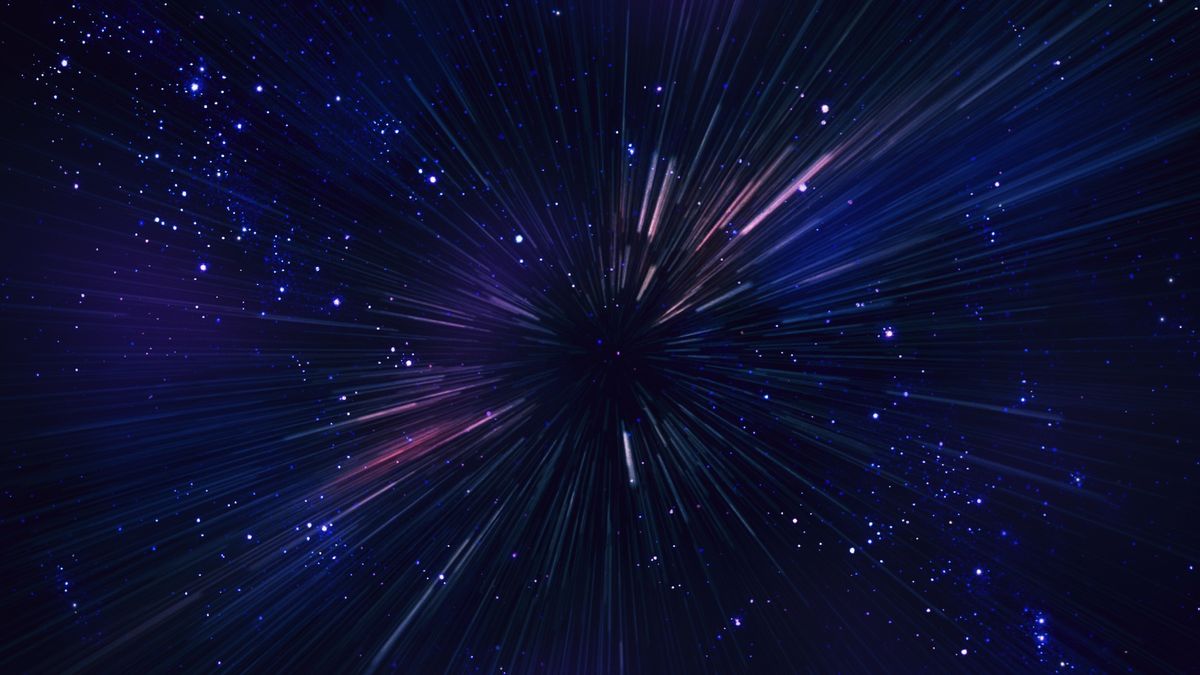Recent research suggests that our universe may revolve once every 500 billion years. This intriguing idea poses a potential solution to a significant dilemma in cosmology known as the Hubble tension. The Hubble tension refers to the discrepancy between the rate of expansion of the universe measured locally and that inferred from the cosmic microwave background radiation.

This new model proposes that a slowly spinning universe might help reconcile these conflicting measurements. By considering this cosmic spin, scientists hope to provide clarity on the fundamental workings of our universe. The implications of such a theory could reshape our understanding of cosmological principles.
Understanding the Hubble Tension
The Hubble tension has puzzled physicists for years, leading to various theories and models attempting to bridge the gap. With the idea of a slowly rotating universe, researchers believe they can address this issue effectively. It’s an exciting time for cosmology as new insights keep emerging, potentially leading to groundbreaking discoveries.